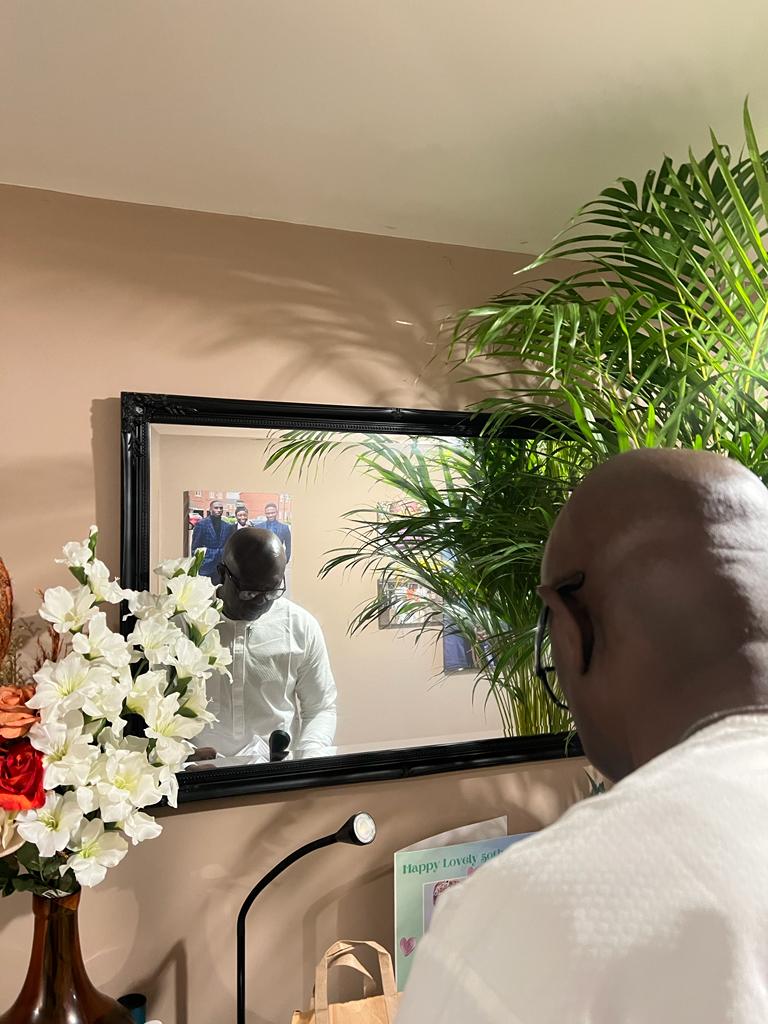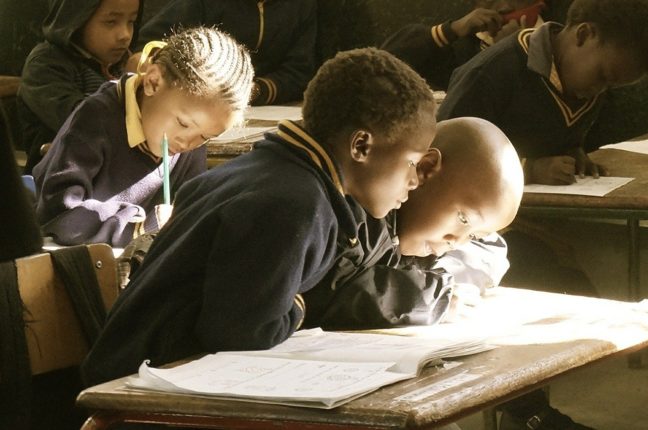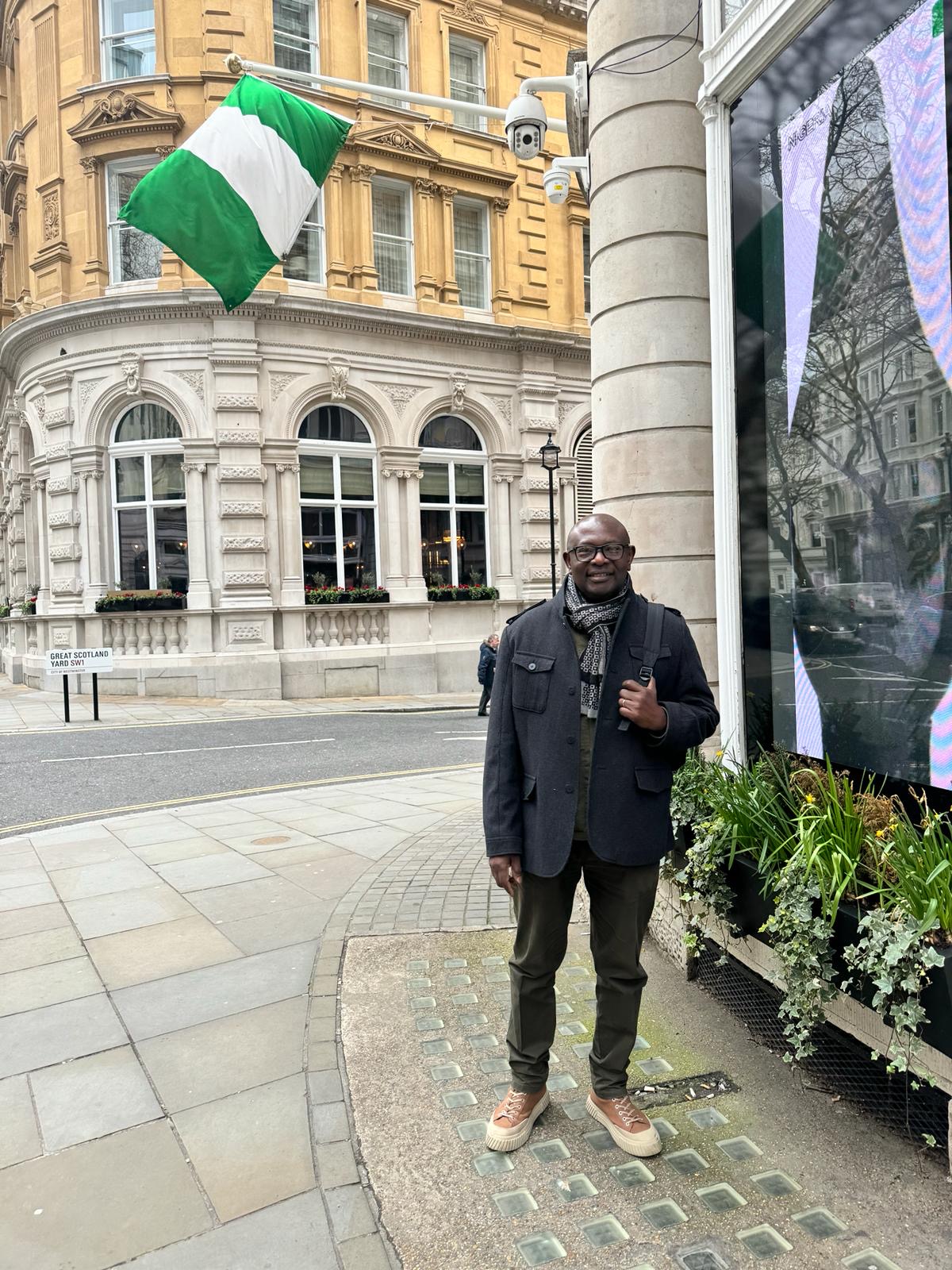By Morak Babajide-Alabi
This season of lockdown is teaching us so many things as we learn creative ways of doing pieces of stuff that we never thought possible before. But one major revelation in the current situation is that we are all charitable. The level of philanthropy that we have displayed in recent times is commendable. And I am not talking about the celebrities that give out goodies with the right hand and take selfies with the left to post on Instagram/Snapchat stories. No, I mean a genuine giving when the world demands it.
We can emphatically say that all human beings have fragments of generosity in them. For some, this side comes out only when the world is in distress and humans have to come together to try to salvage it. There is, however, good in humanity. The COVID-19 generosity is heartwarming and an assurance that something worthy can come out of us all. The rate at which people, corporate, and voluntary organisations rallied around to give to various causes had been impressive. In one way or the other, there is something to give back to the poor, the displaced, the homeless, and the victims of the pandemic.
It is fascinating how the world put aside differences for a moment to support the people in need. From Argentina to Zimbabwe, from Paris to Tehran, we read the good works of people, organisations, and governments. Just like the unprecedented pandemic, these generous acts are historical. The donations from the food banks have gone a long way in relieving many people of the hardship they would have been subjected to. Imagine the world without the various COVID-19 stimulus packages by governments all over the world. The effect of citizens losing their jobs without some government’s furlough or job retention programme is unthinkable.
Let us commend the governments that, for the first time in history, thought about the needs of their citizens. Many thanks for COVID-19 as it allowed some citizens to share from the wealth of their countries. What they are given may be a pittance, while the foodstuff may be inadequate, they, however, signalled intentions of achieving what is normal, though without a planned structure.
For the structured societies, spreading the palliatives was just as seamless as you could get. For them, social security and benefits are parts of their cultures. The governments in these parts of the world have always appreciated the welfare of the citizens as their responsibility. Traditionally they are responsible for the provision of education, social infrastructure, and security. The children born into these systems know their entitlements and how to go about getting them. Right from birth, the system takes care of the needs of the children. They achieve this without interfering with parental rights.
Regrettably, all the countries of the world do not run on the same ideals. While in some, these entitlements are attached to citizenship, in other climes, the benefits are non-existent. It does not matter if you are a citizen of the country or from another planet. This is because it is not all countries that have the benefit structure. In most developing countries (this will suggest all of Africa), the governments have little or no responsibilities towards the citizens.
In some countries, the education, health or security of citizens is their responsibilities. The future of a child in a country, such as Nigeria is determined by the resilience of his parents. To be frank, the survival of the child is at the parents’ vagaries. The sole role the government plays in a child’s development or existence is the registration of the birth. The parents are responsible for everything, from antenatal through education, until he/she starts a family. Right from birth, a Nigerian child gets a grip that the best he could do for his future is to be reasonable and accept that his success or otherwise is dependent on the ability of his parents.
I was trying to explain the role of the government in the lives of citizens in Africa (Nigeria) to a friend of mine some time ago. She hardly believed my story of how local, state, and federal governments do not contribute to providing basic education. I laboured explaining there is no free education (at any level) in the country, and for children to have a shot at a decent future, the parents have to pay for private education. I did not exaggerate when I said those parents who could not afford a place in private schools still pay through their noses to place their wards in public schools. The fees levied for uniform, exercise books, registration, etc are just a fraction below the costs in private schools.
“Do not misunderstand me,” I said. “I know there are private schools in developed countries, but the public run school system can still hold up a standard.” This is the truth. The British parents who decide to shift their children to private schools do so to get more out of them and not because the public system is broken. It is different in Nigeria or many African countries.
Till date, my friend has had the thought that I wheeled her tall tale when I said government hospitals are nonexistent. But this is the truth. Various governments allocate billions of dollars (equivalent) to the health sector annually, but the deterioration is unstoppable. Just like education, you cannot trust the life of your loved ones to services in public hospitals. The risk is only worth taken when you are willing to gamble with life, or you are sure it is an “end of life” case. This is the reality.
In simple terms, there are two worlds, but to clearly explain the disparity, historians added the third. Ever wondered why some countries are (were) tagged, “Third World?” By all definition, the countries are at the extreme lower end of the ladder in development, education, health, etc. I know there is
restraint from the use of “third-world countries” but many should be put in this category. It is a sin to lump all of them together as “developing” countries. Some are developing while many are deteriorating and do not provide for their citizens.
WHEN SOMETHING IS NOT DEVELOPING IT IS DETERIORATING
This begs the question that how long do we class a country as developing? If a country is not making progress, it should be demoted to the “third world” class. When a country’s currency slides to a ridiculous low in exchange to the main currencies, it should be downgraded to “third-world” class. How do you explain that a country is developing when the currency is worthless as toilet paper? Take Nigeria as an example, the currency exchanges at almost 600 Naira to one pound. Is this a sign of development, stagnation or retardation?
There should be a reclassification of countries. In the process, the leaders of governments should be recognised in world affairs only based on the financial performance of their countries. We should stop celebrating failures. This is the exclusive way we can get these Third World leaders off their backsides to do something good for their citizens. How long do we celebrate the past while failure beckons us into the future? Take as an example, how long will Nigerian leaders ride the glories of the past? The country Nigeria does not deserve the place it is occupying in the world now. It should be dropped to a “Third World” class.
This is the first step to moving forward.







